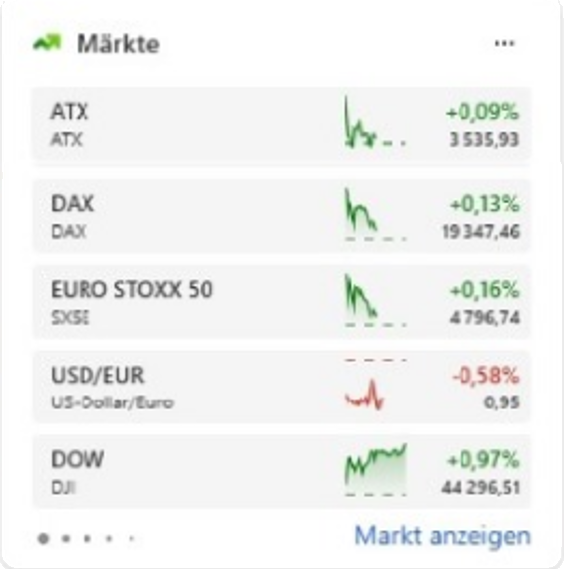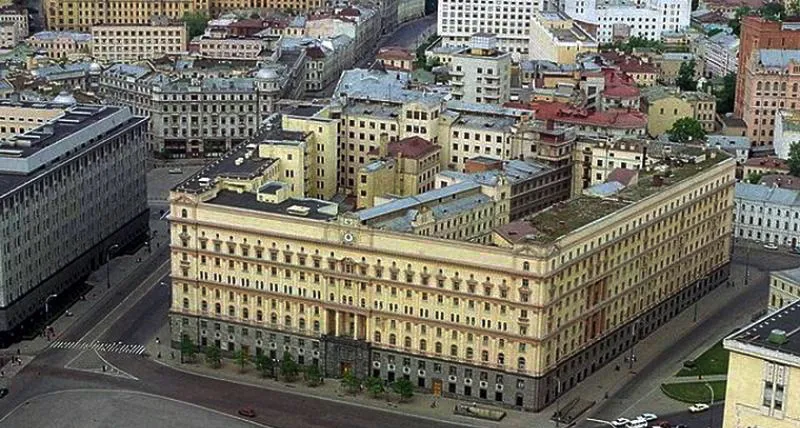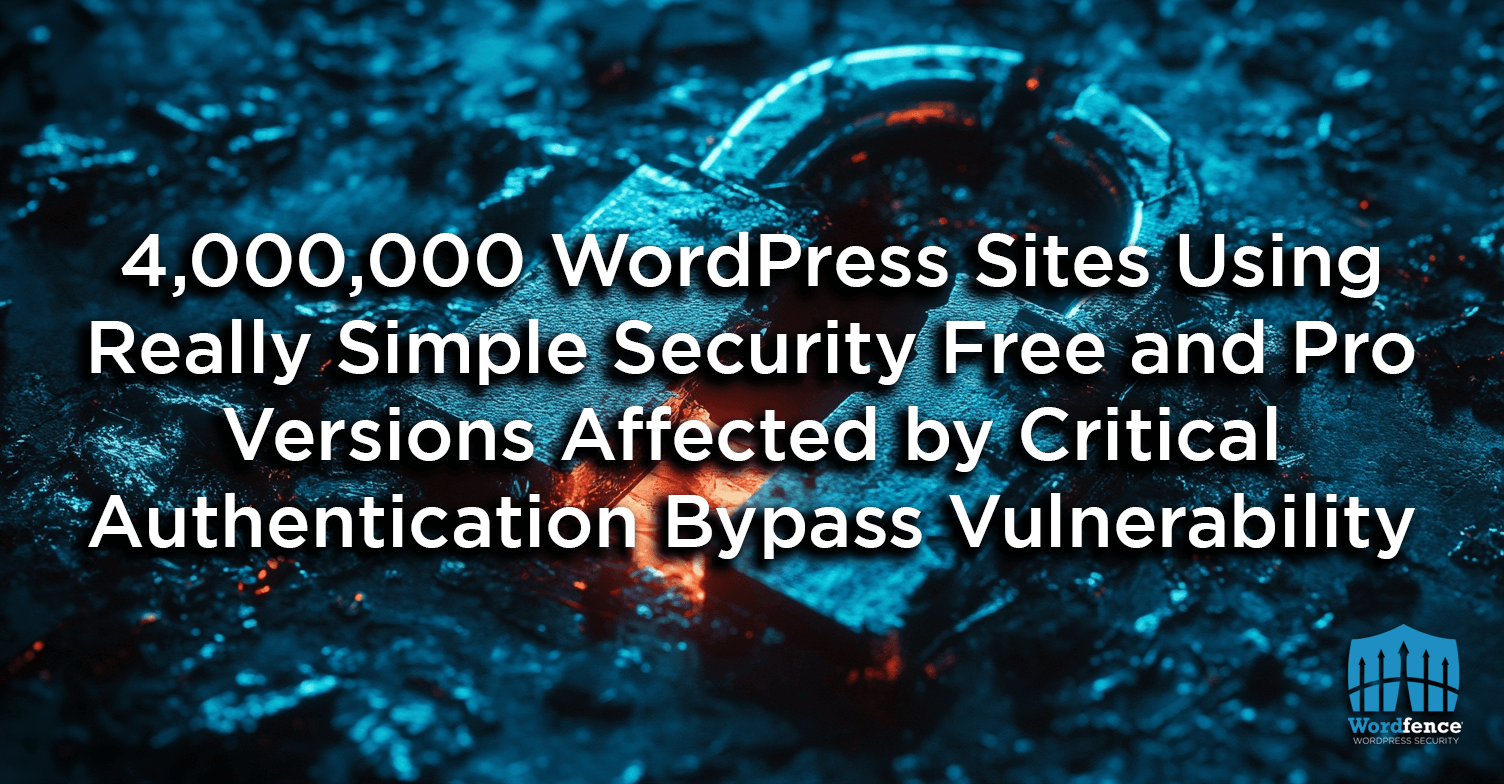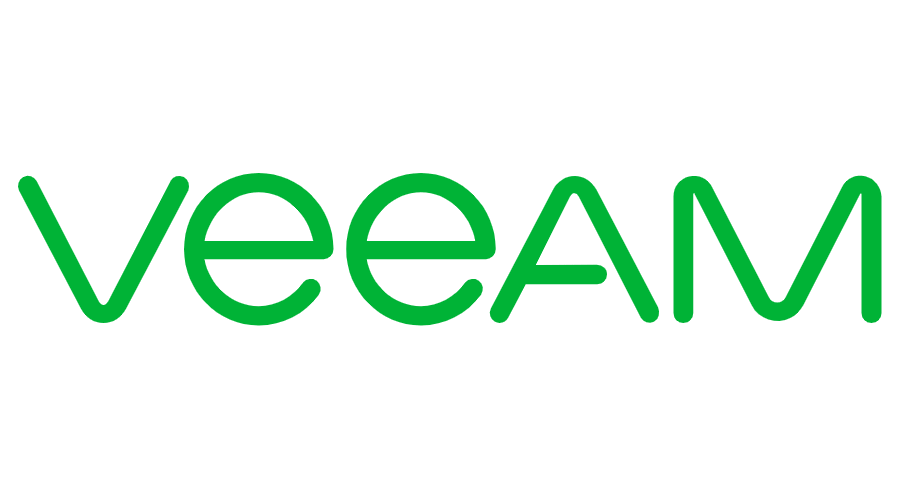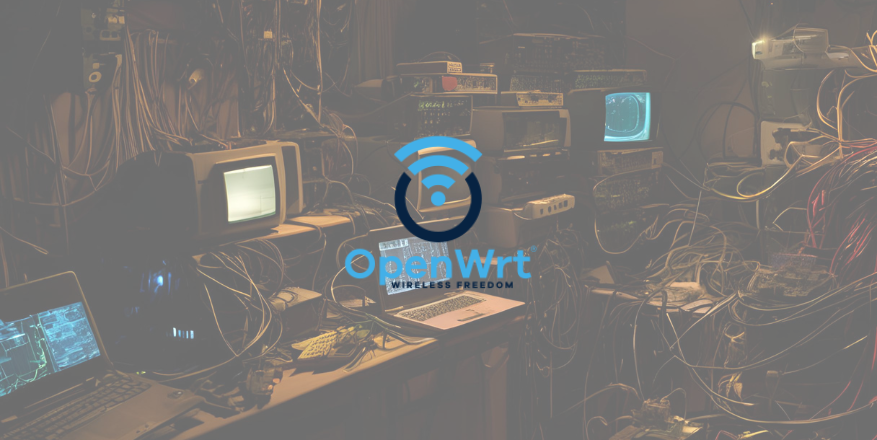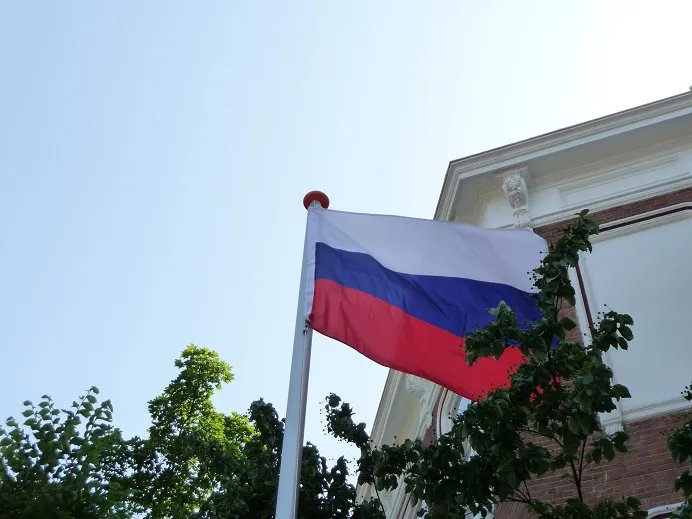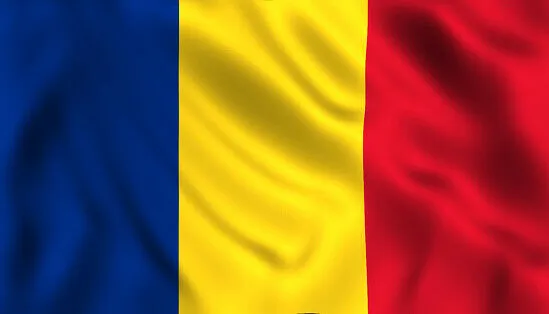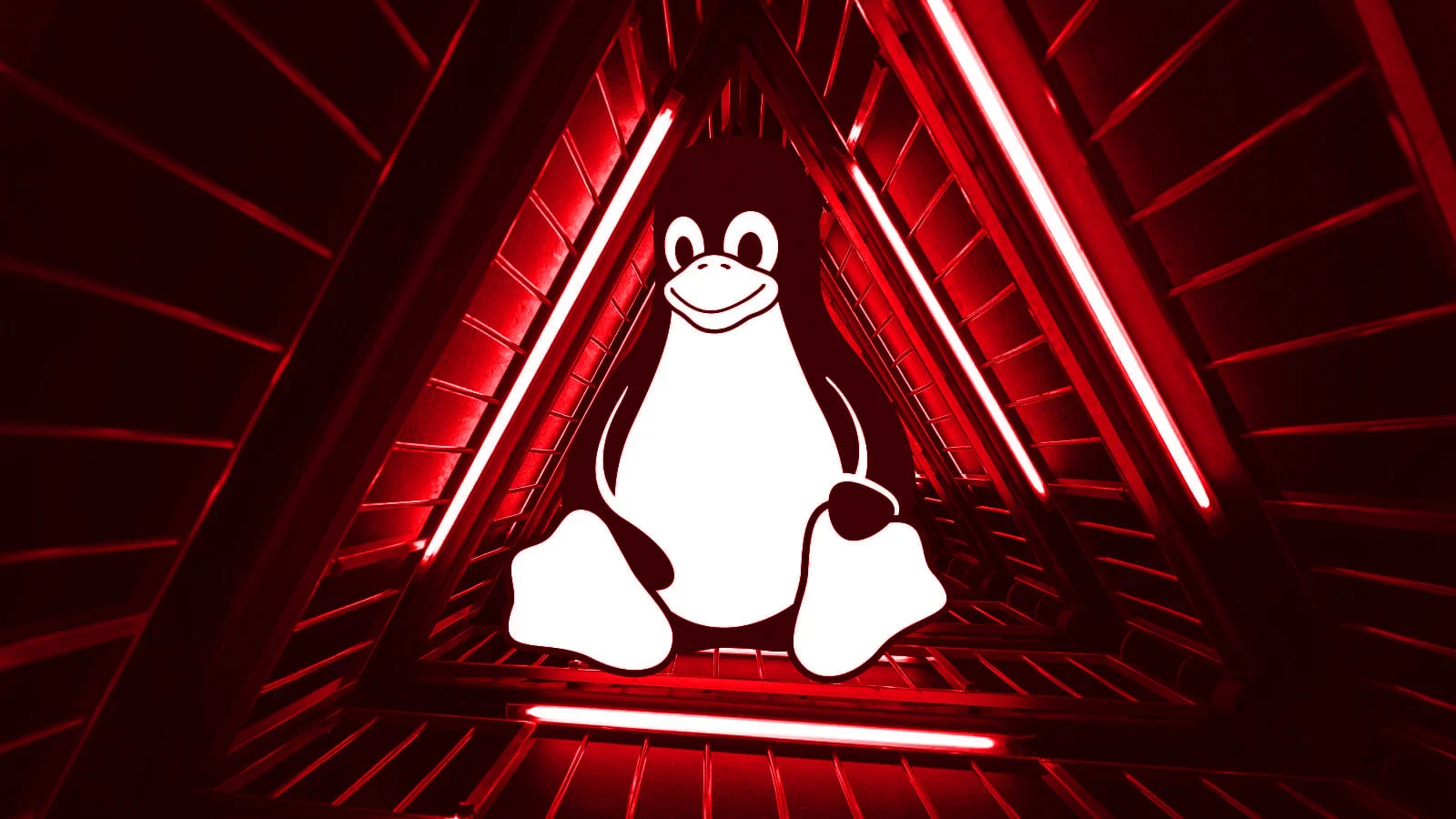Russian authorities have sentenced the leader of the criminal group behind the now-closed dark web platform Hydra Market to life in prison. Additionally, more than a dozen accomplices have been convicted for their involvement in the production and sale of nearly a ton of drugs.
Stanislav Moiseyev, the group’s „organizer,“ who was sentenced to life imprisonment, also received a fine of 4 million rubles, as Russian media group RBC first reported.
His co-conspirators (Alexander Chirkov, Andrey Trunov, Evgeny Andreyev, Ivan Koryakin, Vadim Krasninsky, Georgy Georgobiani, Artur Kolesnikov, Nikolay Bilyk, Alexander Khramov, Kirill Gusev, Anton Gaykin, Alexey Gukalin, Mikhail Dombrovsky, Alexander Aminov and Sergey Chekh) received imprisonment for terms ranging from 8 to 23 years, with fines totaling 16 million rubles.
The court said they would serve their imprisonment terms within special and strict regime penal colonies.
„The court established that from 2015 to October 2018, the criminal group operated in various regions of the Russian Federation and the Republic of Belarus,“ the Moscow prosecutor’s office said on Monday.
„In total, law enforcement officers seized almost a ton of narcotic drugs and psychotropic substances in various constituent entities of the Russian Federation during searches of the defendants‘ residences, houses adapted for laboratories for the production of prohibited substances, garages used for storage, and cars equipped with special hiding places during the liquidation of the criminal community.“
Before German police seized Hydra Market’s servers in a joint action with the United States in April 2022, effectively taking down the entire operation, Hydra Market was the world’s largest darknet market for selling drugs and money laundering.
This Russian dark web platform was used by criminals to sell drugs and launder money, and it had a turnover of $1.35 billion in 2020, 19,000 registered seller accounts, and served at least 17 million customers worldwide.
Hydra also offered stolen databases, forged documents, and hacking-for-hire services. When it seized its servers, German police also seized 543 bitcoins from its profits (currently worth over $51 million).
As Germany’s Federal Criminal Police Office (BKA) announced at the time, Hydra Market had its own Bitcoin Bank Mixer, which was used to obfuscate all cryptocurrency transactions made on the platform, making it a lot harder for law enforcement to track the funds obtained from illegal activities.
The U.S. Department of the Treasury’s Office of Foreign Assets Control (OFAC) also sanctioned Hydra Market in April 2022 as part of the coordinated international effort to disrupt the Russian darknet market’s services. It also identified over 100 cryptocurrency addresses linked with Hydra’s operations in illicit transactions.
Since then, OFAC has added multiple other Russian banks and cryptocurrency exchanges accused of facilitating money laundering operations for Hydra’s „customers,“ including Garantex, Bitpapa, and Netexchange.
On Friday, Russian law enforcement also arrested and indicted notorious ransomware affiliate Mikhail Pavlovich Matveev (aka Wazawaka, Uhodiransomwar, m1x, and Boriselcin) for developing malware and his involvement in several hacking groups.
The recent sentencing of Russian cybercriminals is unusual for the country, which typically turns a blind eye to threat actors operating within its borders as long as they do not attack Russian organizations and individuals.



